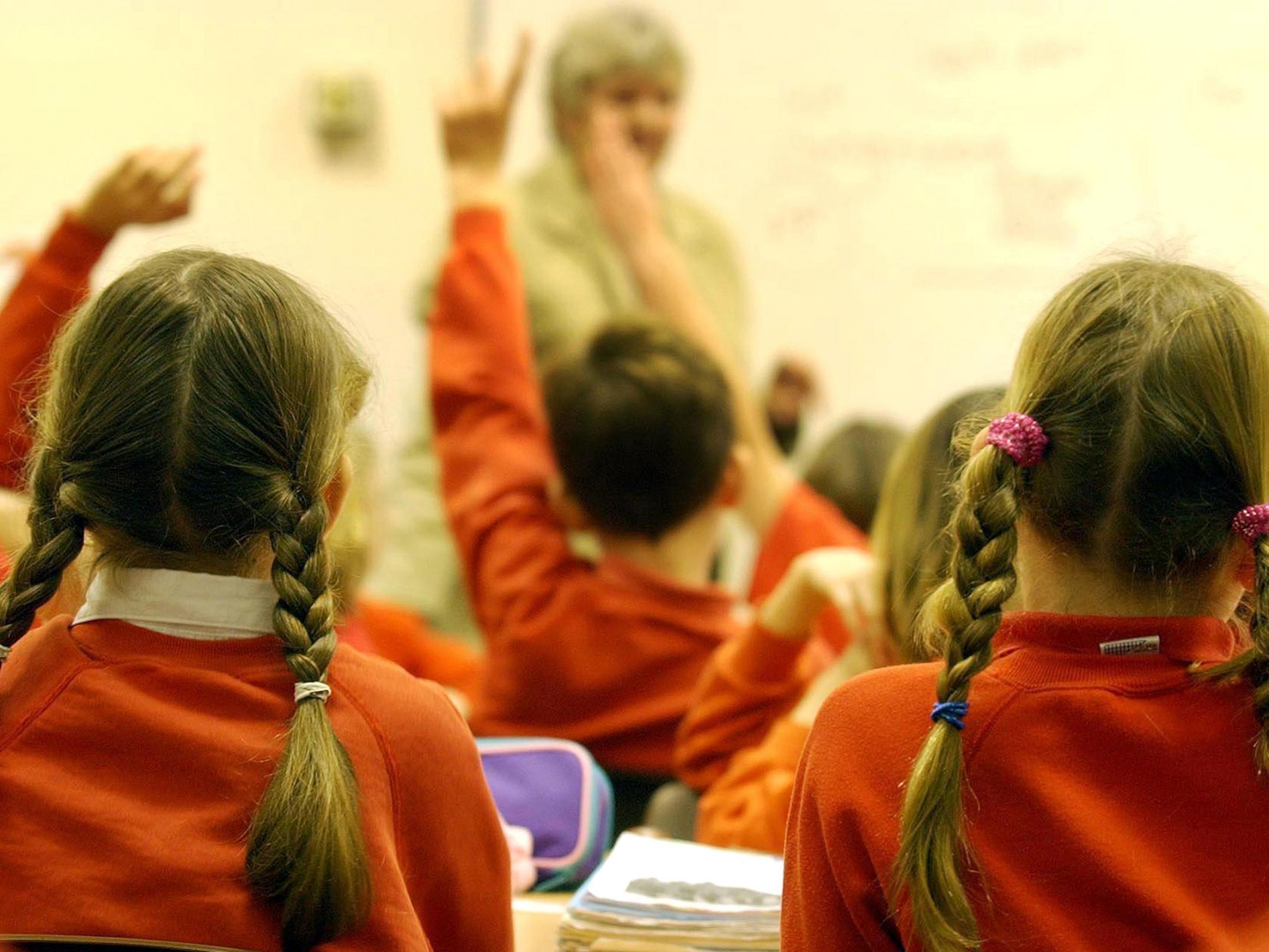Summer-born children ‘more likely to be diagnosed with depression’ than older pupils
‘We should focus on reducing numbers affected,’ say scientists

Your support helps us to tell the story
From reproductive rights to climate change to Big Tech, The Independent is on the ground when the story is developing. Whether it's investigating the financials of Elon Musk's pro-Trump PAC or producing our latest documentary, 'The A Word', which shines a light on the American women fighting for reproductive rights, we know how important it is to parse out the facts from the messaging.
At such a critical moment in US history, we need reporters on the ground. Your donation allows us to keep sending journalists to speak to both sides of the story.
The Independent is trusted by Americans across the entire political spectrum. And unlike many other quality news outlets, we choose not to lock Americans out of our reporting and analysis with paywalls. We believe quality journalism should be available to everyone, paid for by those who can afford it.
Your support makes all the difference.Summer-born children could be more likely to be diagnosed with depression by the time they reach GCSE age than older children in the school year, a study has suggested.
Researchers found children born in the last quartile of the academic year were estimated to have a 30 per cent increased risk of depression compared with those born in the first quartile.
The study, led by the London School of Hygiene and Tropical Medicine (LSHTM), should be a catalyst for more research into the causes of depression in pupils and how to prevent it, researchers have argued.
The findings follow earlier research that revealed younger children in the school year tend to do less well academically than their older classmates.
Researchers used electronic GP records for a sample of 1 million young people in the UK, but did not set out to determine the potential reasons for links between age and depression.
However, they highlighted that younger children may find it harder to concentrate, leading to over-diagnosis of hyperactivity.
Other issues, such as inferior academic performance and poorer peer relationships, can also lead to mental health problems, the report says.
In the observational study, published in Jama Paediatrics, the scientists say there are a number of potential interventions to address the differences, but limited evidence on their effectiveness exists.
They point out that in some countries, parents of relatively young children can defer school entry for a year, but parent choice has the potential to increase socioeconomic inequality.
Parents in England of children born between April and August are able to request a delayed start to Reception so children would begin at five years old, rather than at four years old.
Each year, about 800,000 children start primary school in the UK. Among these children, about 500 more of the youngest in the year might be diagnosed with depression compared with the oldest, the researchers predict.
Professor Ian Douglas, senior author from LSHTM, said: “Just 1 per cent of the youngest quartile in a school year will be diagnosed with depression by age 16, and fortunately there is an increasing awareness about mental health as a priority.
“However, we should focus on reducing the number of children affected. Better recognition of this as a problem might help.”
Pauline Hull, leader of the Summer Born Campaign that has called for more flexible admissions, told The Independent: “This study recognises the adverse effect on social and emotional outcomes for many summer-born children, and is a pattern we hope to see reversed in future years.”
She added: “It’s vital that the government acts to ensure all parents understand their right to wait until compulsory school age before their child starts school.”
Join our commenting forum
Join thought-provoking conversations, follow other Independent readers and see their replies
Comments